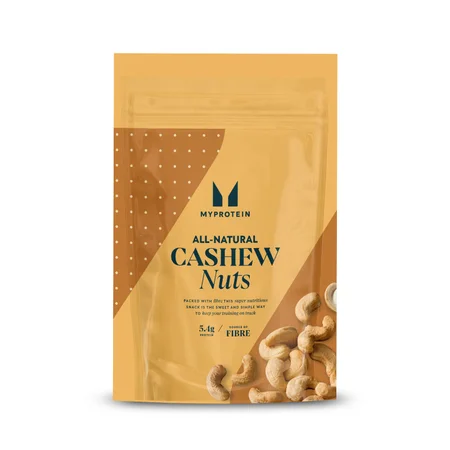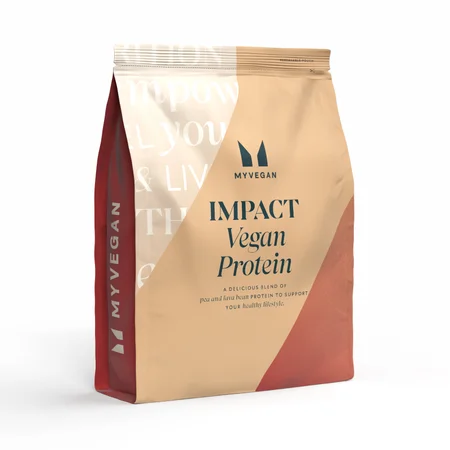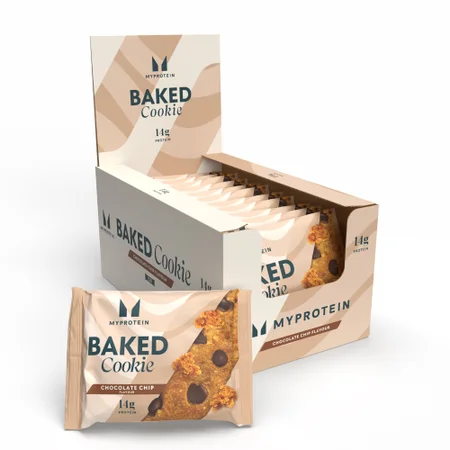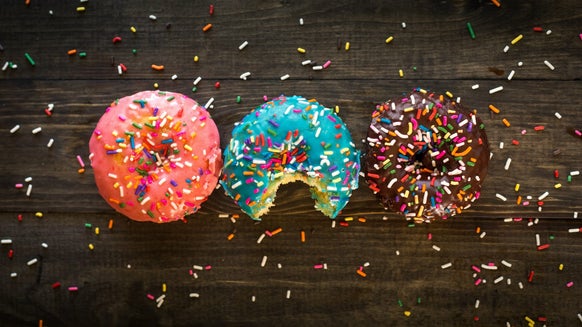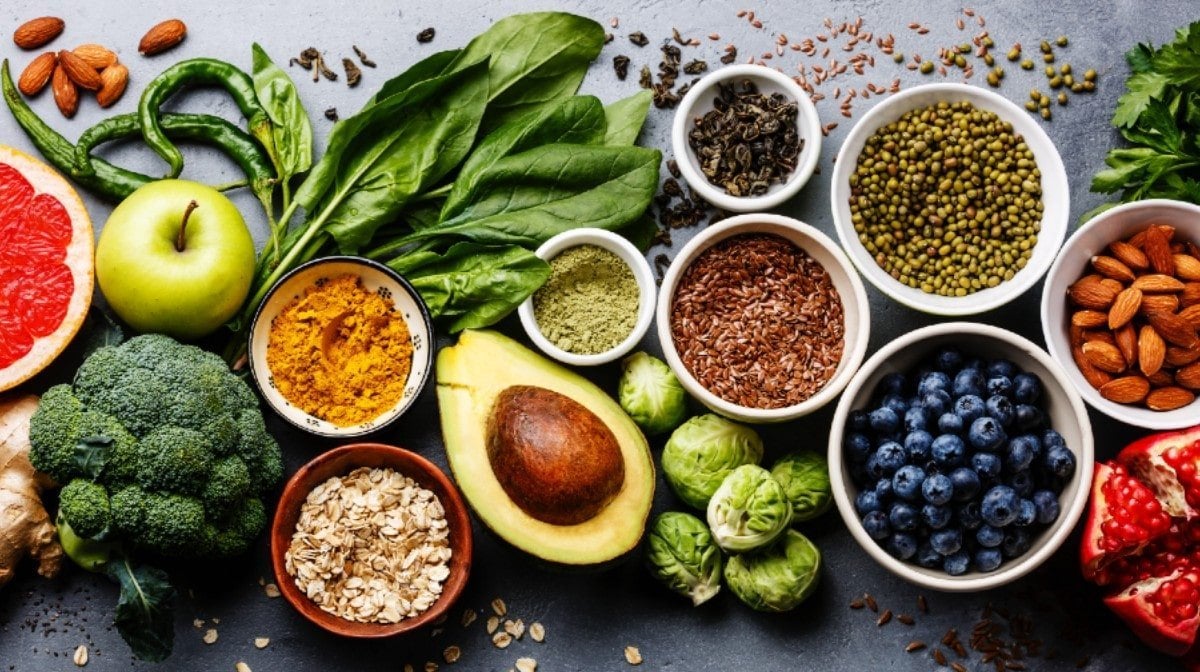
What is the Raw Food Diet?
The raw food diet is based on the idea that heat can damage nutrients - so it is important that food is hot heated above a certain temperature (ie, 47 degrees celsius).
What can you eat on the Raw Food Diet
Foods to Eat
- Fresh fruits
- Dried fruits
- Fresh vegetables
- Dried/dehydrated vegetables
- Seaweed
- Nuts (raw, not roasted)
- Seeds (raw, not roasted)
- Nut milks
- Nut butters
- Raw grains (can be soaked or sprouted)
- Raw legumes (can be soaked or sprouted)
- Fermented foods (if no heat was used)
- Raw dairy (cow, sheep, goat) (optional)
- Smoked or raw meats or fish (optional)
- Raw eggs (optional)
Foods to Avoid
- Cooked fruits
- Cooked vegetables
- Cooked meats
- Cooked grains
- Cooked legumes
- Roasted nuts
- Roasted seeds
- Processed grain products (pasta, bread, etc)
- Baked goods
- Snack foods (chips, pretzels, etc)
- Pasteurized dairy products
- Cooked eggs
So is Raw Food better than cooked?
The thought that enzymes are broken down during cooking has some merit, but the acidity of the stomach does more damage to enzymes than heat.1 Our bodies are well equipped to digest most foods, and can still handle high levels of indigestible material (like fiber).
Some cooking techniques can cause the loss of nutrients - for example, boiling vegetables may lead to some loss of nutrients - like beta carotene from boiled tomatoes or carrots.
Raw Food Diet Benefits
The primary food sources of the raw diet are very nutritious foods - fruits and vegetables. Often the high quantity of this high volume, low calorie foods can lead to weight loss, the primary benefit of this diet. The high fiber levels can also be helpful for heart health, and may lead to improvements in heart health.
While weight loss is one potential benefit, it may be difficult to obtain enough calories and protein on this diet to build muscle. The calorie deficit is likely the key that leads to weight loss on this diet.
Raw Food Diet Negatives
Dental Erosion
One study of the raw food diet showed significant increases in tooth erosion in those consuming only raw foods. Highly acidic, high sugar fruits may play a role in this outcome.
Menstrual cycle and hormone disruption
The significant calorie deficit and loss of body weight from following the raw food diet has been linked to ammenorrhea (loss of menstrual cycle) in some research studies.
Potential for food borne illness
Should you follow the Raw Food Diet
While eating more fruits and vegetables is good for most of us, a very restrictive diet like the raw food diet can be nutritionally inadequate. Even with taking a supplement, it can be hard to get enough protein and some of the essential nutrients that come from traditionally non-raw foods. The risk of food borne illness is high and the high volume, low calorie eating style can make it difficult to maintain lean mass.There are other ways to include nutritious foods in your diet without restricting so many others.
Take Home Message
READ MORE HERE:
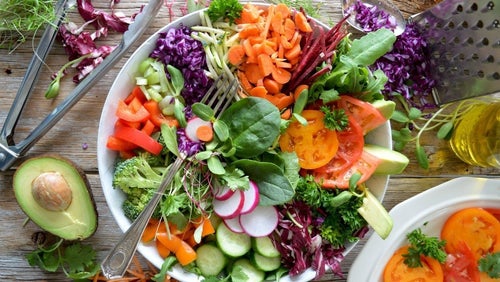
What Is The Best Diet? We Compare Some Of The Most Popular Diets
A guide to the most talked about diets....
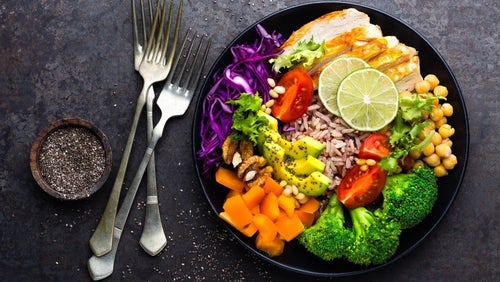
Endomorph Diet: What Food Should You Eat As An Endomorph?
And what the research says about it....

Claire is a Registered Dietitian through the Academy of Nutrition and Dietetics and a board-certified Health and Wellness Coach through the International Consortium for Health and Wellness Coaching. She has a Bachelor of Science in Biology and a Master’s degree in Clinical Dietetics and Nutrition from the University of Pittsburgh.
Talking and writing about food and fitness is at the heart of Claire’s ethos as she loves to use her experience to help others meet their health and wellness goals.
Claire is also a certified indoor cycling instructor and loves the mental and physical boost she gets from regular runs and yoga classes. When she’s not keeping fit herself, she’s cheering on her hometown’s sports teams in Pittsburgh, or cooking for her family in the kitchen.
Find out more about Claire’s experience here.
- Cunningham, E. (2004). What is a raw foods diet and are there any risks or benefits associated with it?. Journal of the American Dietetic Association, 104(10), 1623.
- Anjum, F., Khan, B. A., Noreen, N., Masood, T., & Faisal, S. (2008). Effect of boiling and storage on beta-carotene content of different vegetables. J. life soc. sci, 6(1), 63-67.
- Koebnick, C., Garcia, A. L., Dagnelie, P. C., Strassner, C., Lindemans, J., Katz, N., … & Hoffmann, I. (2005). Long-term consumption of a raw food diet is associated with favorable serum LDL cholesterol and triglycerides but also with elevated plasma homocysteine and low serum HDL cholesterol in humans. The Journal of nutrition, 135(10), 2372-2378.
- Ganss, C., Schlechtriemen, M., & Klimek, J. (1999). Dental erosions in subjects living on a raw food diet. Caries Research, 33(1), 74-80.
- Koebnick, C., Strassner, C., Hoffmann, I., & Leitzmann, C. (1999). Consequences of a long-term raw food diet on body weight and menstruation: results of a questionnaire survey. Annals of Nutrition and Metabolism, 43(2), 69-79.
